Cooking duck can be a rewarding culinary experience, but it often presents challenges that can leave you scratching your head. From improper seasoning to overcooking, there are numerous pitfalls one can encounter. This guide explores 11 common mistakes you might be making, ensuring your next duck dish turns out just right.
Improper Seasoning
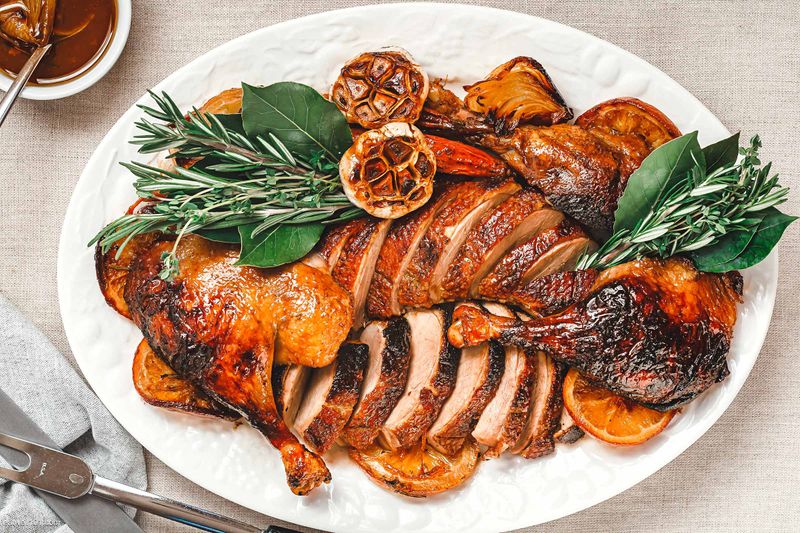
Seasoning is the soul of any dish, and duck is no exception. Skimping on seasoning or using the wrong mix can lead to a bland taste. Many cooks underestimate the robust flavor profile that duck can handle.
To enhance the natural richness, experiment with a blend of savory herbs like thyme, rosemary, and garlic. Don’t shy away from bold flavors to complement the duck’s unique taste.
A common error is forgetting to season both the inside and outside. This ensures an even distribution of flavor in every bite.
Overcooking the Duck
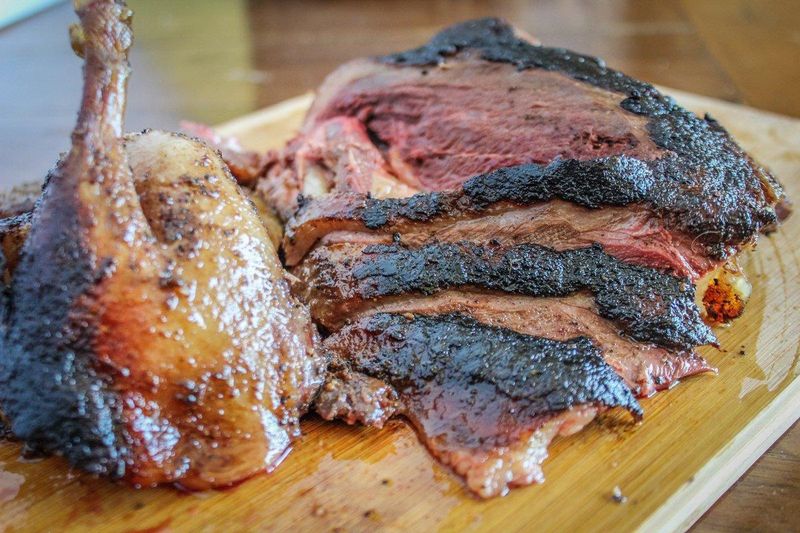
Overcooking is a surefire way to ruin your duck dish. Ducks, unlike chicken, benefit from being cooked to medium, highlighting their succulent texture.
Many fear undercooking, resulting in a dry, unappetizing meal. Utilizing a meat thermometer can help achieve the perfect doneness without guesswork.
Remember, the duck continues to cook after being removed from the heat. Allowing it to rest will ensure juices are retained, providing a moist finish.
Not Rendering the Fat
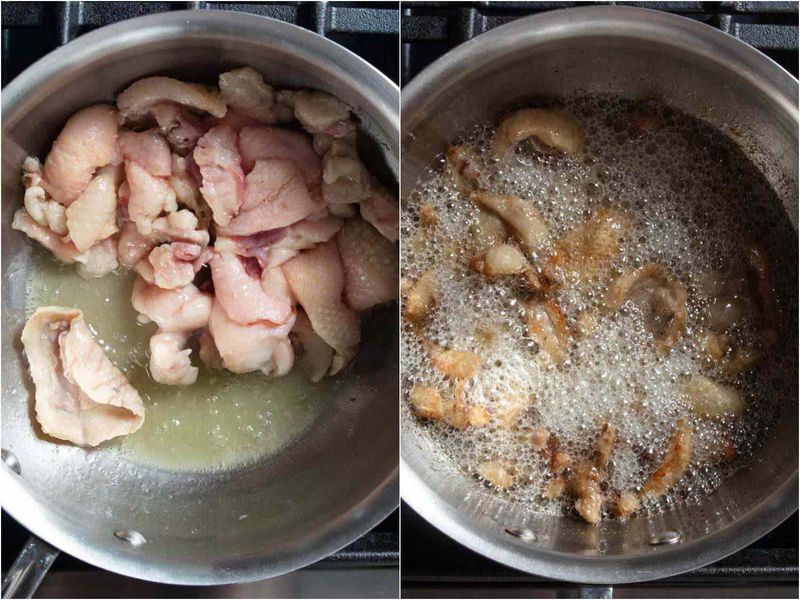
Duck fat is a culinary treasure, but failing to render it properly can lead to greasy skin. This step not only enhances the texture but also adds a delightful crispness to the skin.
To render the fat, score the skin and cook it on low heat until the fat is golden and clear.
This method allows the flavors to concentrate, turning the fat into a mouth-watering element of your dish. It’s a common mistake to skip or rush this step, missing out on a critical flavor component.
Ignoring Resting Time
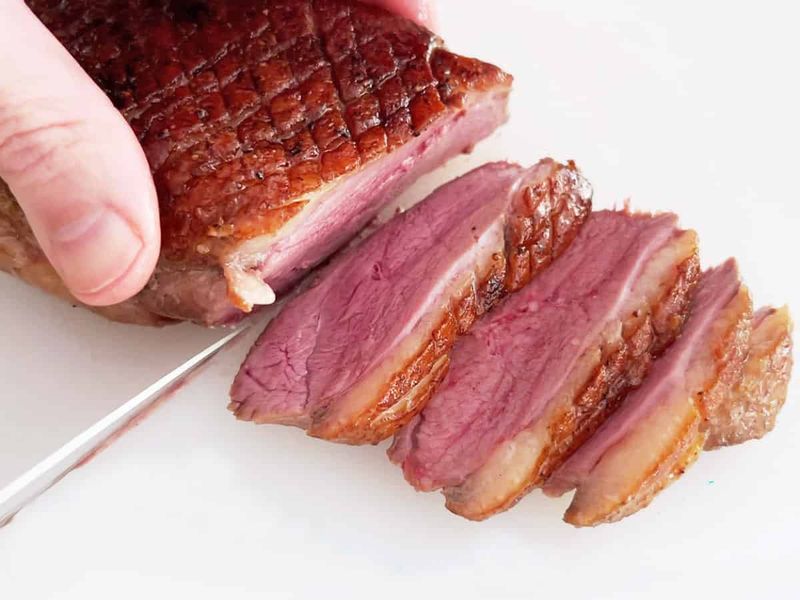
Patience pays off in the kitchen, especially with duck. Ignoring resting time can lead to a loss of precious juices.
After cooking, allow the duck to rest for at least 10 minutes. This waiting period lets the juices redistribute, ensuring each bite is tender and flavorful.
Skipping this step can result in a dry, uninspiring meal. Incorporate this pause into your cooking routine to elevate your duck dishes.
Skipping the Sauce
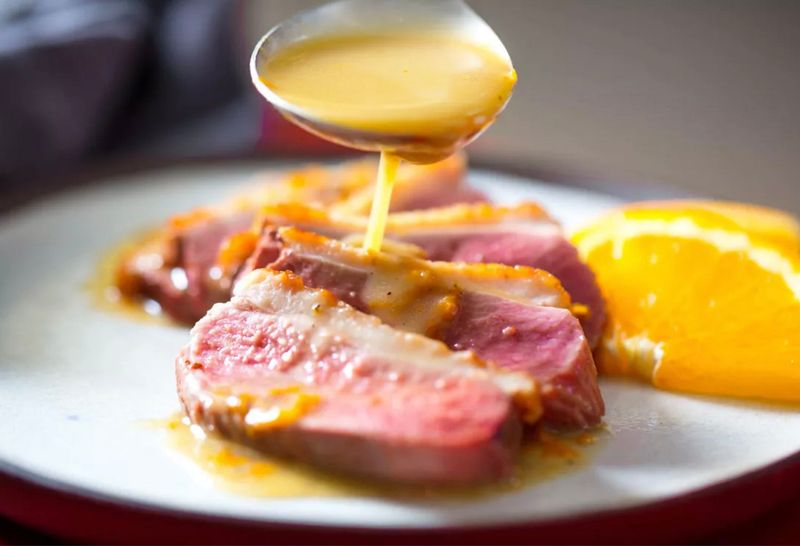
A perfectly cooked duck deserves a sauce that complements its flavor. Skipping the sauce can leave your dish feeling incomplete.
Whether it’s a classic orange sauce or a rich cherry reduction, the right accompaniment can elevate the duck to gourmet levels.
Experiment with flavors that contrast and enhance the natural taste of the duck. A well-chosen sauce can turn a simple meal into a memorable culinary experience.
Wrong Cooking Method
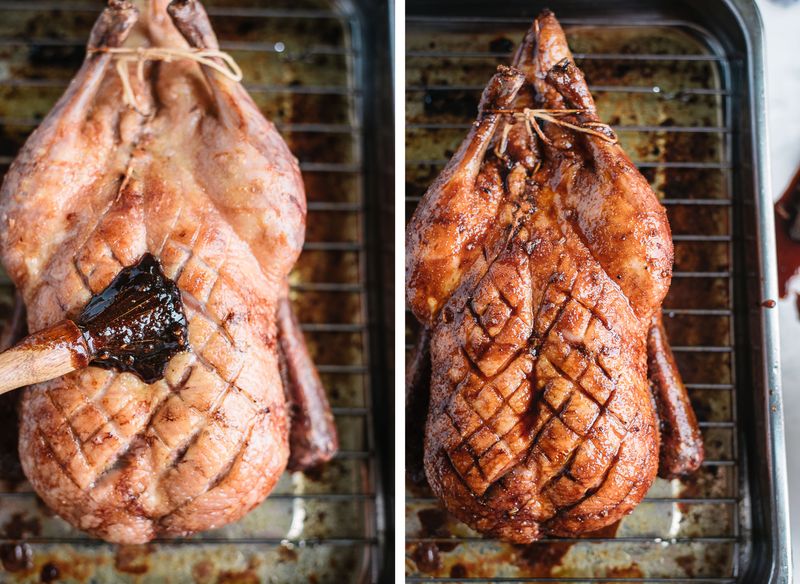
Choosing the wrong cooking method can drastically affect your duck’s outcome. Roasting and grilling impart distinct flavors and textures.
Each method lends itself to different styles of duck dishes. Roasting offers a rich, traditional flavor, while grilling adds a smoky, rustic touch.
Consider the dish you envision and select the method that best complements your desired taste. This thoughtful choice can transform your cooking results.
Inadequate Marinating
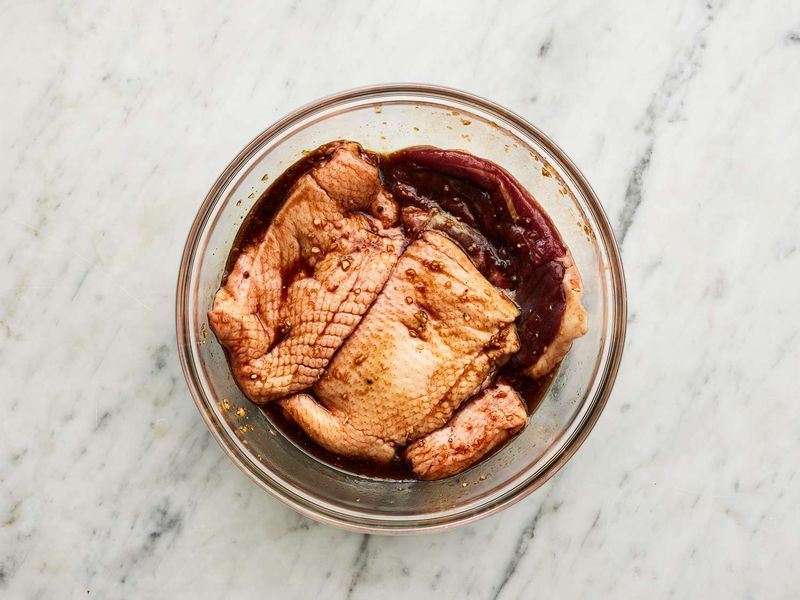
Marinating is key to infusing flavor into duck, but many rush this step. An inadequate marinating period can result in a lackluster dish that misses depth.
To truly enhance your duck, allow it to marinate for several hours, or even overnight, depending on the recipe.
This time allows the flavors to penetrate fully, delivering a complex taste with every bite. Rushing this process often leads to disappointment and unfulfilled flavor potential.
Not Scoring the Skin
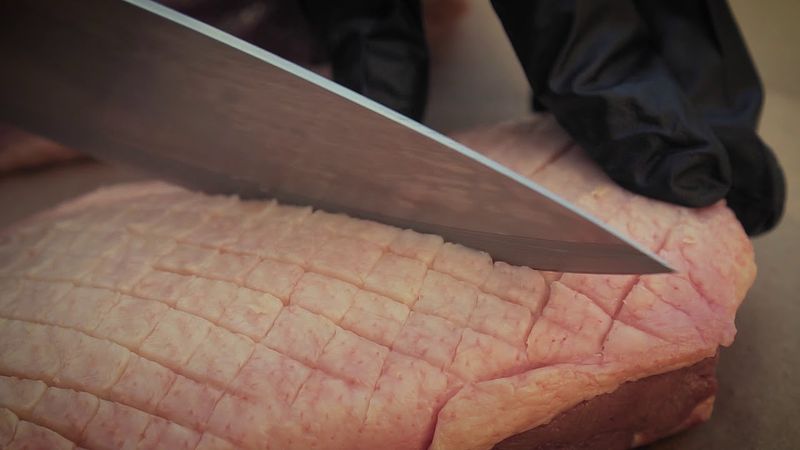
Scoring the skin of a duck is an essential technique, often overlooked. This method enhances the rendering process by allowing fat to escape.
A properly scored skin results in a crispy, flavorful finish that is much desired.
Many cooks skip this step, missing the opportunity to elevate their dish with a delightful texture. Take the time to carefully score the skin for an impressive result.
Using Low-Quality Duck

The quality of your duck makes a considerable difference in the final dish. Opting for low-quality or frozen duck can lead to a less flavorful meal.
Fresh, high-quality duck offers a robust flavor and better texture, enriching your culinary creation.
Invest in good quality ingredients for the best results. This choice impacts not only the taste but also the overall experience of your dish.
Undercooking the Duck
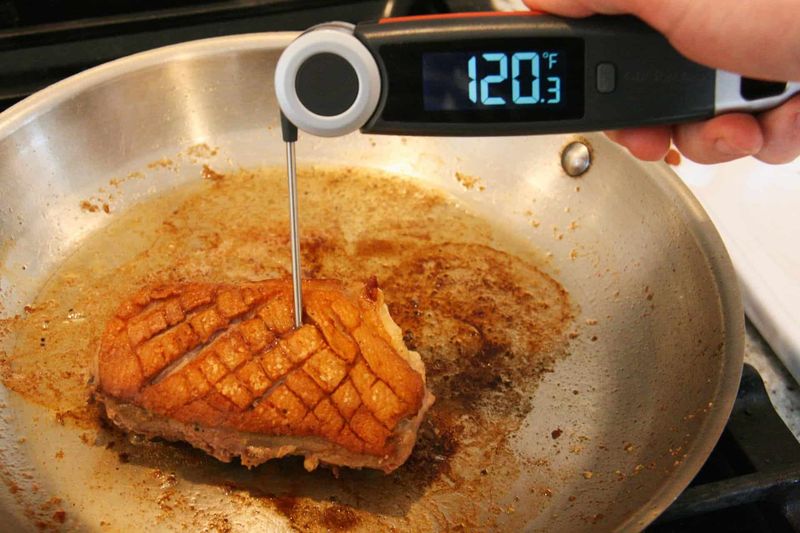
While overcooking is a common mistake, undercooking can be just as detrimental. Ducks require a certain internal temperature for safe consumption.
An undercooked duck may appear raw and can be off-putting. Using a reliable meat thermometer ensures proper cooking, providing peace of mind with every bite.
Caution with undercooking will result in a delicious and safe culinary masterpiece.
Forgetting to Pat Dry
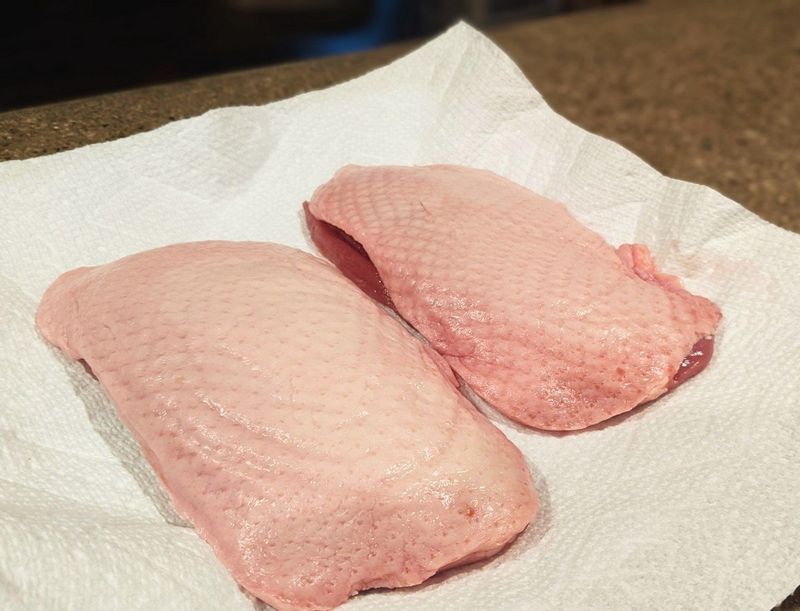
A crucial yet often forgotten step is patting the duck dry before cooking. Moisture on the skin can prevent the desired crispy texture from forming.
By ensuring the duck is dry, you allow the skin to brown and crisp beautifully during cooking.
Neglecting this step may lead to a soggy finish. Embrace this simple preparation for a superior outcome.
Leave a comment